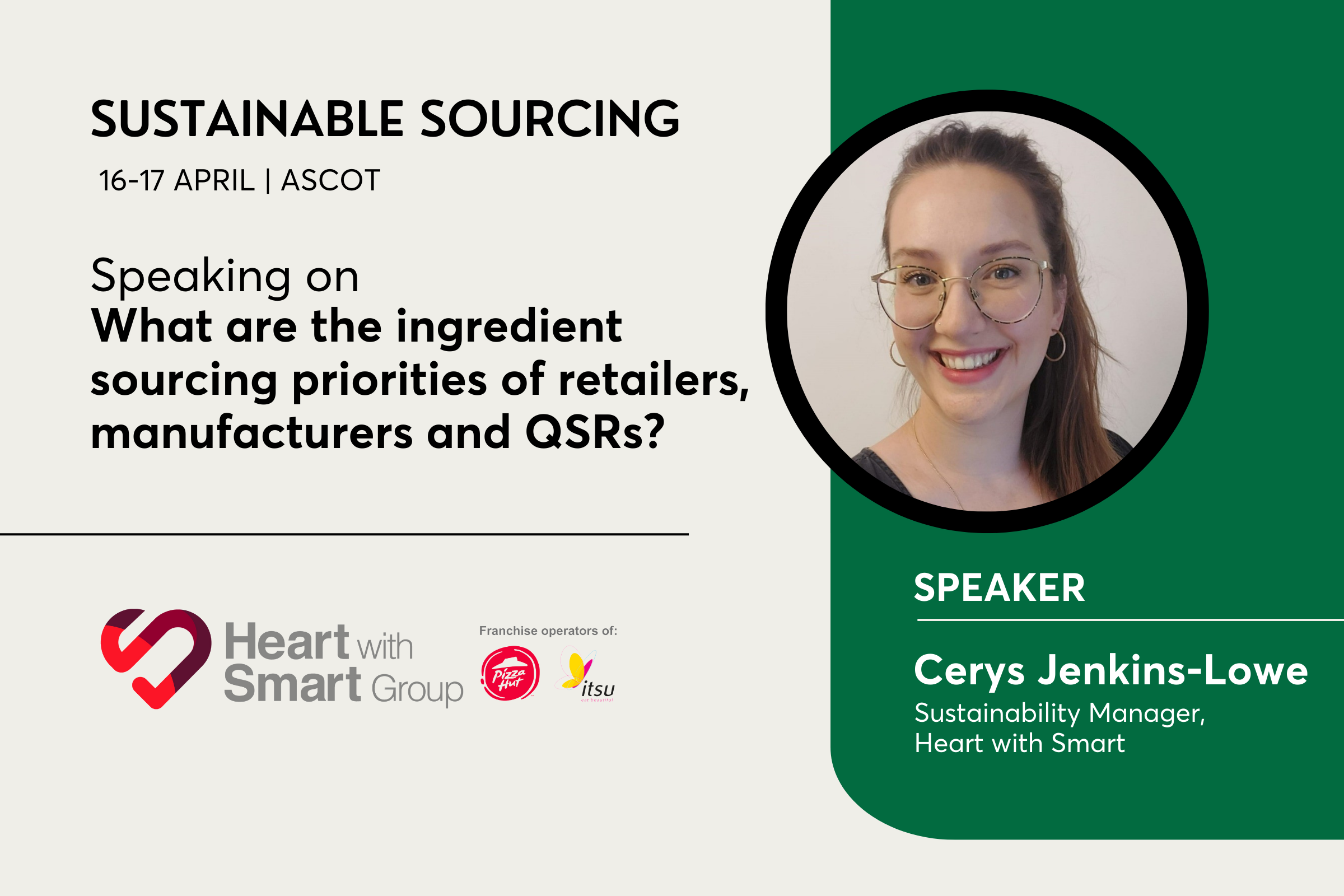The sugar and salt levy: opportunity for the ingredients community

As a means to both work towards having a healthier nation and combating the climate crisis, the Food Strategy has put forth a variety of propositions, one of which is the addition of a levy of £3 per kilo of sugar and £6 per kilo of salt, amongst other initiatives.
The proposal aims to overcome consumer and manufacturer’s current reliance on processed food, and states that the sugar and salt tax will give an incentive to food manufacturers to develop healthier products and reformulate existing recipes.
This poses a great opportunity for the ingredients industry within the UK. Proficient in both sugar and salt substitute ingredients, this new levy is likely to create higher demand for better-for-you products, which ingredients companies are adept at meeting.
Other than the potential and likely increase in demand for sugar and salt substitutes posing a great opportunity for ingredients experts, there is also immense opportunity in a potential increase in demand for animal product substitute ingredients.
Along with the sugar and salt levy, the National Food Strategy also sets out to decrease consumption of animal food products as a means to contribute towards the nation’s sustainability goals.
Jimmy Pierson, Director of ProVeg UK, who was consulted by the National Food Strategy team, stated that “this ground-breaking strategy recognises the need for diet change not climate change”. He further commented that “We now strongly encourage the government to redesign the Government Buying Standards for Food in line with the recommendations to encourage the public sector to serve less meat and dairy and more wholegrains, fruit, vegetables and pulses.”
The National Food Strategy, which holds an ambitious meat-reduction target, “looks forward to the outcome of the ongoing to update the School Food Standards” as it hopes to see the removal of the requirement to serve meat at least three times a week and dairy every day.
As manufacturers adapt to the shift, which is likely to be seen in the industry as a result of this new proposal, the demand for meat-substitutes is likely to increase. As pioneers in the development of ingredients to be utilised in meat and dairy substitute foods, this once again holds immense promise and opportunity for the ingredient community.
Whilst the proposal does not introduce a meat tax, given this was proven to be extremely unpopular with meat producers and consumers, it does pledge £50 million towards the building of shared facilities for the development of alternative proteins, to help start-ups and scientists develop non-animal derived produce.
Lastly, the proposal also pledges £1 billion in ‘innovation to create a better food system’ to be used to help shift the national diet to meet the targets…This might include accelerating work to reformulate processed foods, trying out new ways of helping customers change their habits, and boost locally led initiatives to improve diet and health. All of which are goals that the ingredient community strongly share.








